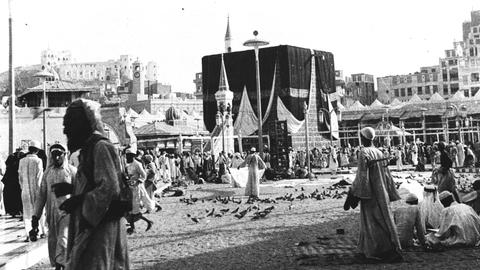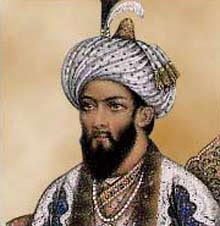
Conquest of Mecca took place today, 20th Ramadan corresponding with December 629. It marked the end of the wars between the followers of Prophet Muhammad and the Quraysh tribe of Mecca. The Prophet/ followers were forced to leave their hearth/home and wars were imposed on them 

It was bloodless conquest. The date Prophet set out for Mecca is 10 Ramadan 8 AH. He reached there on 20 Ramadan 8 AH. Quraysh and Muslim had signed 10-year truce in 628, but Quraish broke it in 630 when their ally Banu Bakr attacked the Banu Khuza'a, allies of the Prophet. 

Quraysh, in this attack, openly sided with Banu Bakr and supplied them with men n arms. Khuza'ah sought sanctuary in the Kaba but they were chased n killed there too. Thu it became incumbent on Prophet to take revenge for his allies. However, he forgave all his old foes. 

The Prophet said, "God has made Mecca a sanctuary since the day He created the Heavens and the Earth, and it will remain a sanctuary by virtue of the sanctity God has bestowed on it until the Day of Resurrection. It (fighting in it) was not made lawful to anyone before me.
Nor will it be made lawful to anyone after me, and it was not made lawful for me except for a short period of time. Its animals (that can be hunted) should not be chased, nor should its trees be cut, nor its vegetation or grass uprooted
"O Quraysh, what do you think of the treatment that I should accord you?" And they said, "Mercy, O Prophet of God. We expect nothing but good from you." Prophet said, "I speak to you in the same words as Yūsuf spoke to his brothers. This day there is no reproof against you"
Idris in his book 'The Spread of Islam Throughout the World says ...conquest of Mecca meant disappearance of the largest force opposing Muslims. this allowed for growth of Islamic state, which could no longer be described as the state of Medina since its territories had swollen.
• • •
Missing some Tweet in this thread? You can try to
force a refresh









